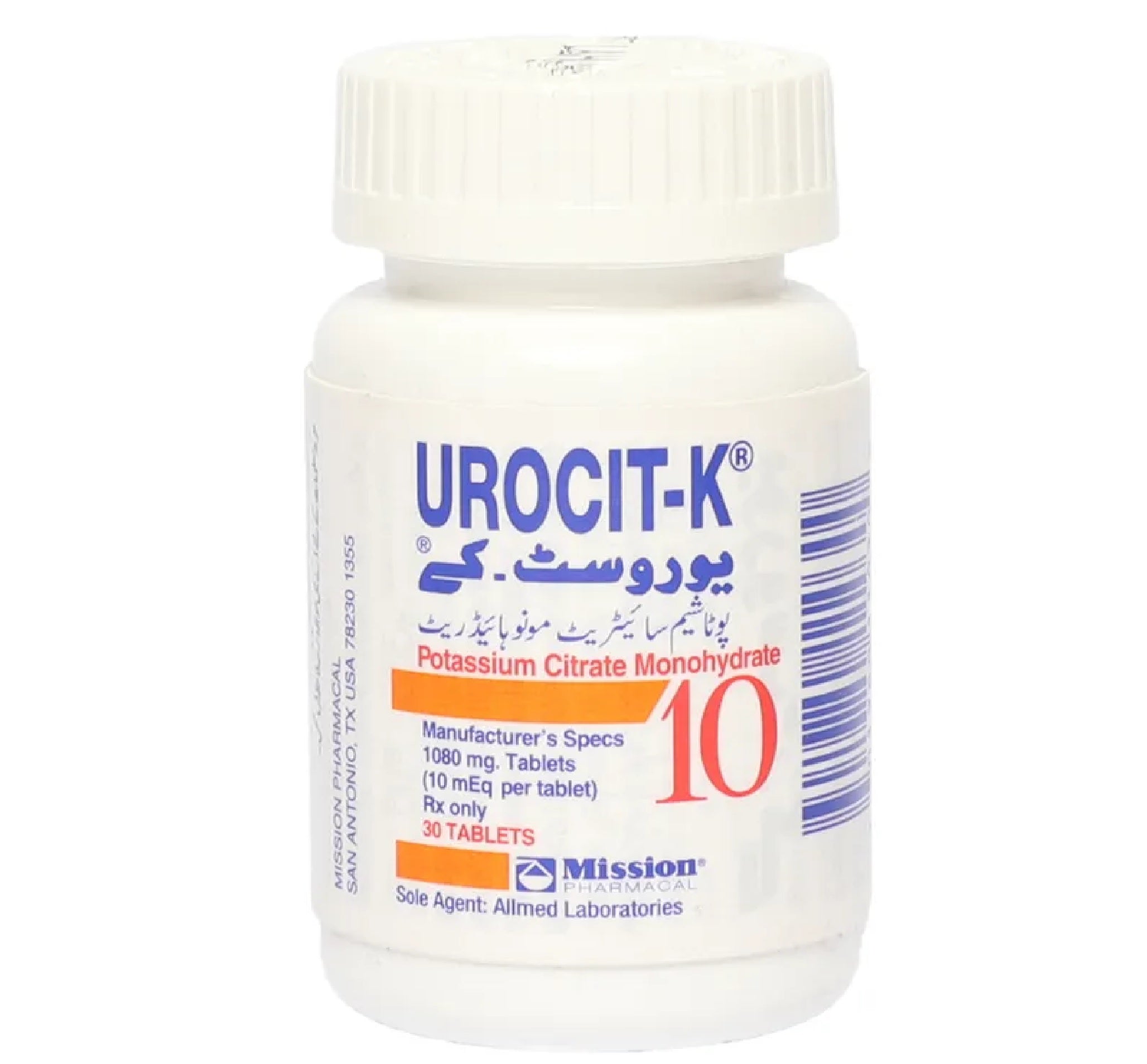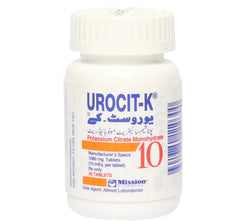

- Choosing a selection results in a full page refresh.
Need Help?
03444440083


Couldn't load pickup availability
standard shipping charges on order is Rs 200
You may return most new, unopened items within 3 days of delivery for a full refund.
You should expect to receive your refund within four weeks of giving your package to the return shipper, however, in many cases you will receive a refund more quickly. This time period includes the transit time for us to receive your return from the shipper (5 to 10 business days), the time it takes us to process your return once we receive it (3 to 5 business days), and the time it takes your bank to process our refund request (5 to 10 business days).
If you need to return an item, simply login to your account, view the order using the "Complete Orders" link under the My Account menu and click the Return Item(s) button. We'll notify you via e-mail of your refund once we've received and processed the returned item.
Lorem ipsum dolor sit amet, consectetur adipiscing elit, sed do eiusmod tempor incididunt ut labore et dolore magna aliqua. Ut enim ad minim veniam, quis nostrud exercitation ullamco laboris nisi ut aliquip ex ea commodo consequat. Duis aute irure dolor in reprehenderit in voluptate velit esse cillum dolore eu fugiat nulla pariatur. Excepteur sint occaecat cupidatat non proident, sunt in culpa qui officia deserunt mollit anim id est laborum.
Specification
Requires Prescription (YES/NO)
Yes
Generics
Potassium Citrate
Used For
Kidney Disease
How it works
When given orally, the metabolism of absorbed citrate produces an alkaline load. The induced alkaline load in turn increases urinary pH and raises urinary citrate by augmenting citrate clearance without measurably altering ultra-filterable serum citrate. In addition to raising urinary pH and citrate, increases urinary potassium by approximately the amount contained in the medication. It causes a transient reduction in urinary calcium. The changes induced by potassium citrate produce urine that is less conducive to the crystallization of stone-forming salts (calcium oxalate, calcium phosphate and uric acid). Increased citrate in the urine, by complexing with calcium, decreases calcium ion activity and thus the saturation of calcium oxalate. Citrate also inhibits the spontaneous nucleation of calcium oxalate and calcium phosphate (brushite). The increase in urinary pH also decreases calcium ion activity by increasing calcium complexation to dissociated anions. The rise in urinary pH also increases the ionization of uric acid to the more soluble urate ion. Therapy does not alter the urinary saturation of calcium phosphate, since the effect of increased citrate complexation of calcium is opposed by the rise in pH-dependent dissociation of phosphate. Calcium phosphate stones are more stable in alkaline urine.In the setting of normal renal function, the rise in urinary citrate following a single dose begins by the first hour and lasts for 12 hours. With multiple doses the rise in citrate excretion reaches its peak by the third day and averts the normally wide circadian fluctuation in urinary citrate, thus maintaining urinary citrate at a higher, more constant level throughout the day. When the treatment is withdrawn, urinary citrate begins to decline toward the pre-treatment level on the first day. The rise in citrate excretion is directly dependent on the dosage. In patients with severe renal tubular acidosis or chronic diarrheal syndrome where urinary citrate may be very low (<100 mg/day), It may be relatively ineffective in raising urinary citrate. A higher dose may therefore be required to produce a satisfactory citraturic response. In patients with renal tubular acidosis in whom urinary pH may be high, it produces a relatively small rise in urinary pH.
Usage And Safety
Dosage
Potassium Citrate
Side Effects
Abdominal discomfort, vomiting, diarrhea, loose bowel movements or nausea .
Drug Interactions
Potassium-sparing diuretic (such as triamterene, spironolactone or amiloride) , drugs that slow gastrointestinal transit time such as anticholinergic .
Indication
Indicated for management of : Renal tubular acidosis (RTA) with calcium stones ; Hypocitraturic calcium oxalate nephrolithiasis of any etiology ; Uric acid lithiasis with or without calcium stones .
When not to Use
* In patients with hyperkalemia (or who have conditions pre-disposing them to hyperkalemia), as a further rise in serum potassium concentration may produce cardiac arrest. Such conditions include: chronic renal failure, -uncontrolled diabetes -mellitus, acute dehydration, strenuous physical - exercise in unconditioned individuals, adrenal insufficiency, extensive - tissue breakdown or the administration of a potassium-sparing agent - (such as triamterene, spironolactone or amiloride) . * In patients in whom there is cause for arrest or delay in tablet passage through the gastrointestinal tract, such as those suffering from delayed - gastric emptying, -esophageal compression, intestinal obstruction or - stricture, or those taking anticholinergic medication. * In patients with peptic ulcer disease because of its ulcerogenic potential. * In patients with active urinary tract infection (with either urea-splitting or - other organisms, in association with either calcium or struvite stones). - The ability of potassium citrate to increase urinary citrate may be attenuated by - bacterial enzymatic degradation of citrate. Moreover, the rise in urinary - pH resulting from potassium citrate therapy might promote further bacterial growth. * In patients with renal insufficiency (glomerular filtration rate of less - than 0.7 ml/kg/min), because of the danger of soft tissue calcification and increased risk for the development of hyperkalemia.
Precautions
Precaution
The use of potassium citrate in patients with chronic renal failure, or any other condition which impairs potassium excretion such as severe myocardial damage or heart failure, should be avoided. Closely monitor for signs of hyperkalemia with periodic blood tests and ECGs .
Warnings
Warning 1
In patients with impaired mechanisms for excreting potassium, administration can produce hyperkalemia and cardiac arrest. Potentially fatal hyperkalemia can develop rapidly and be asymptomatic.
Warning 2
Upper gastrointestinal mucosal lesions and bleeding should be anticipated. If there is severe vomiting, abdominal pain or gastrointestinal bleeding, it should be discontinued immediately and the possibility of bowel perforation or obstruction investigated.
Warning 3
Safety and effectiveness in children have not been established.
Additional Information
Pregnancy category
Always consult your physician before using any medicine.
Storage (YES/NO)
Store this medicine at room temperature, away from direct light and heat.
Get the latest updates on new products and upcoming sales
Thanks for subscribing!
This email has been registered!

| Product | SKU | Rating | Description | Collection | Availability | Product Type | Other Details |
|---|